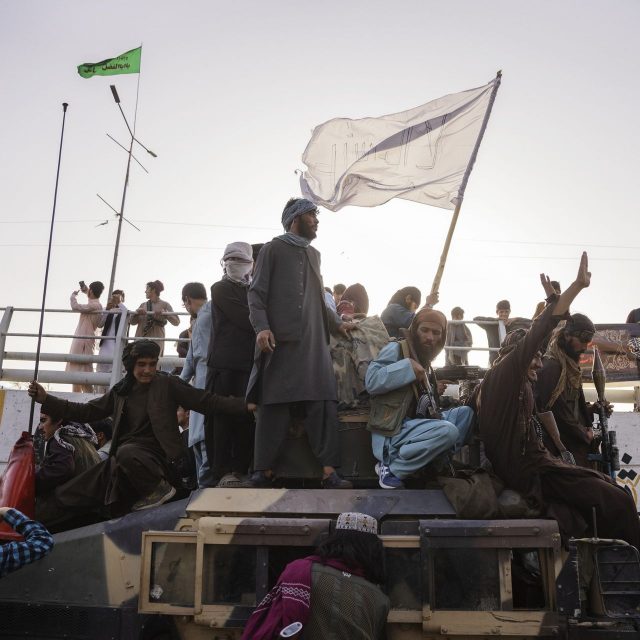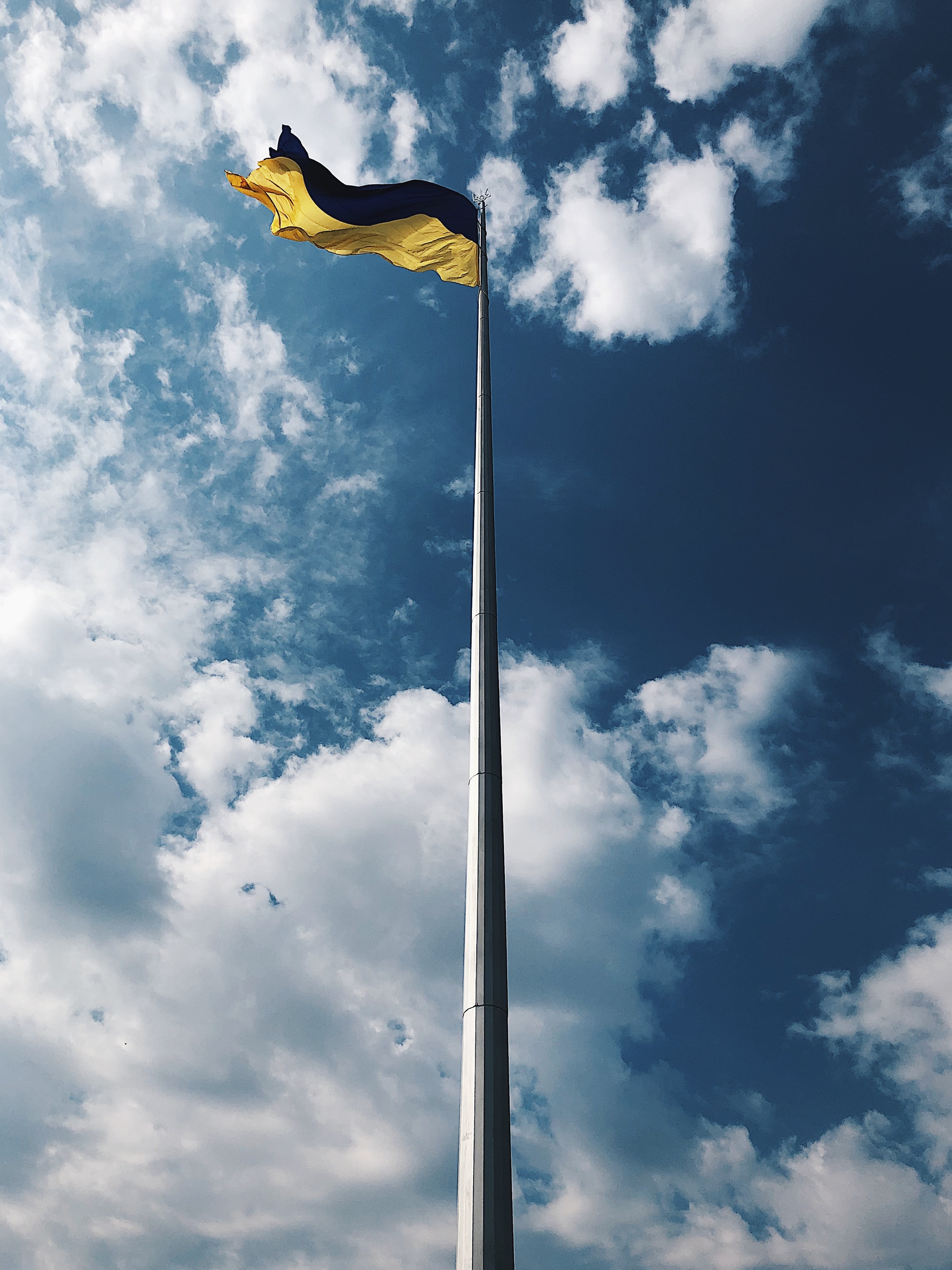The Ukrainian military operation in the Kursk region, which commenced a week ago, is drawing significant international attention. It not only showcases the courage and determination of the Armed Forces of Ukraine but also signals to Western partners the urgent need to provide Ukraine with long-range weapons to defend its territory.
Currently, Ukraine controls approximately 1,150 square kilometres of the Kursk region, marking a notable achievement in the context of the ongoing, unprovoked Russian war, which has now dragged on for almost three years. This operation, aimed at neutralising military threats from Russia, demonstrates the high combat capability of Ukrainian forces and their ability to conduct successful offensive actions on the invader’s territory.
U.S. Senator Lindsey Graham described the operation as “bold, brilliant, and simply beautiful,” urging the Biden administration to provide Ukraine with all necessary assistance to secure victory in the war. Germany has also expressed its support, stating that the weaponry provided to Ukraine can be used at the discretion of Ukrainian troops, including on Russian territory.
Since the beginning of summer 2024, Russia has conducted over 2,000 strikes on Ukraine from the Kursk region using multiple launch rocket systems, artillery, drones, and missiles. These attacks have caused significant damage to Ukrainian civilian infrastructure and endangered civilian lives.
Unfortunately, Ukraine still lacks sufficient capabilities to protect its citizens from this Russian terror through long-range strikes. Currently, the Armed Forces of Ukraine are compelled to conduct operations in border regions to neutralise threats. However, to successfully conclude the conflict, Ukraine needs modern long-range weapons to strike key military targets in Russia, including airfields, bases, and depots.
For instance, on August 12, Germany took steps to support Ukraine by permitting the use of provided weaponry at Ukraine’s discretion, including the possibility of conducting operations on Russian territory. The German Ministry of Defence representative Arno Kollatz noted that while Ukraine must adhere to international law, it has the right to self-defence, including actions on the aggressor’s territory.
Nevertheless, the use of long-range weapons against military targets in Russia remains a matter of international politics. Ukraine continues to await appropriate decisions from its partners, including the U.S., U.K., France, Belgium, and several other countries, to effectively repel aggression and protect its citizens. However, despite some positive signals, this decision remains unpopular with several nations.
For example, the U.S. and other allies have permitted strikes near the Ukrainian border but not deep within Russian territory. Some countries, such as the U.K., have supported the possibility of Ukraine using provided weapons for such strikes. However, this is not a widely accepted decision, and some countries have yet to unequivocally support the use of their weaponry for strikes on Russian military targets.
Poland actively supports lifting restrictions on Ukraine’s use of long-range weapons, emphasising the right to self-defence under international law. Other countries considering such a possibility include Canada, Sweden, Finland, and the Baltic states. Thus, while there are certain countries not opposed to their weapons being used against Russian military targets, the issue remains contentious and requires further international discussion and decisions.
The Ukrainian operation in the Kursk region has also managed to expose the weaknesses of the Russian military machine. Russian intelligence failed to prevent months of preparation for this large-scale operation. It has been demonstrated that the Russian army is unable to effectively defend its own borders, calling into question its combat readiness and preparedness for a prolonged conflict.
In conclusion, the successful operation by Ukraine in the Kursk region represents a significant step towards ensuring the security of the country and its citizens. The international community should continue to enhance support for Ukraine by providing the necessary armaments to defend against Russian aggression. The sooner decisions are made regarding the supply of long-range weapons and their use against military targets in Russia, the sooner Ukraine will be able to achieve a just peace. Such a peace will be fair and comprehensive not only for Ukraine but for all of Europe and the international community, contributing to global security and stability.




